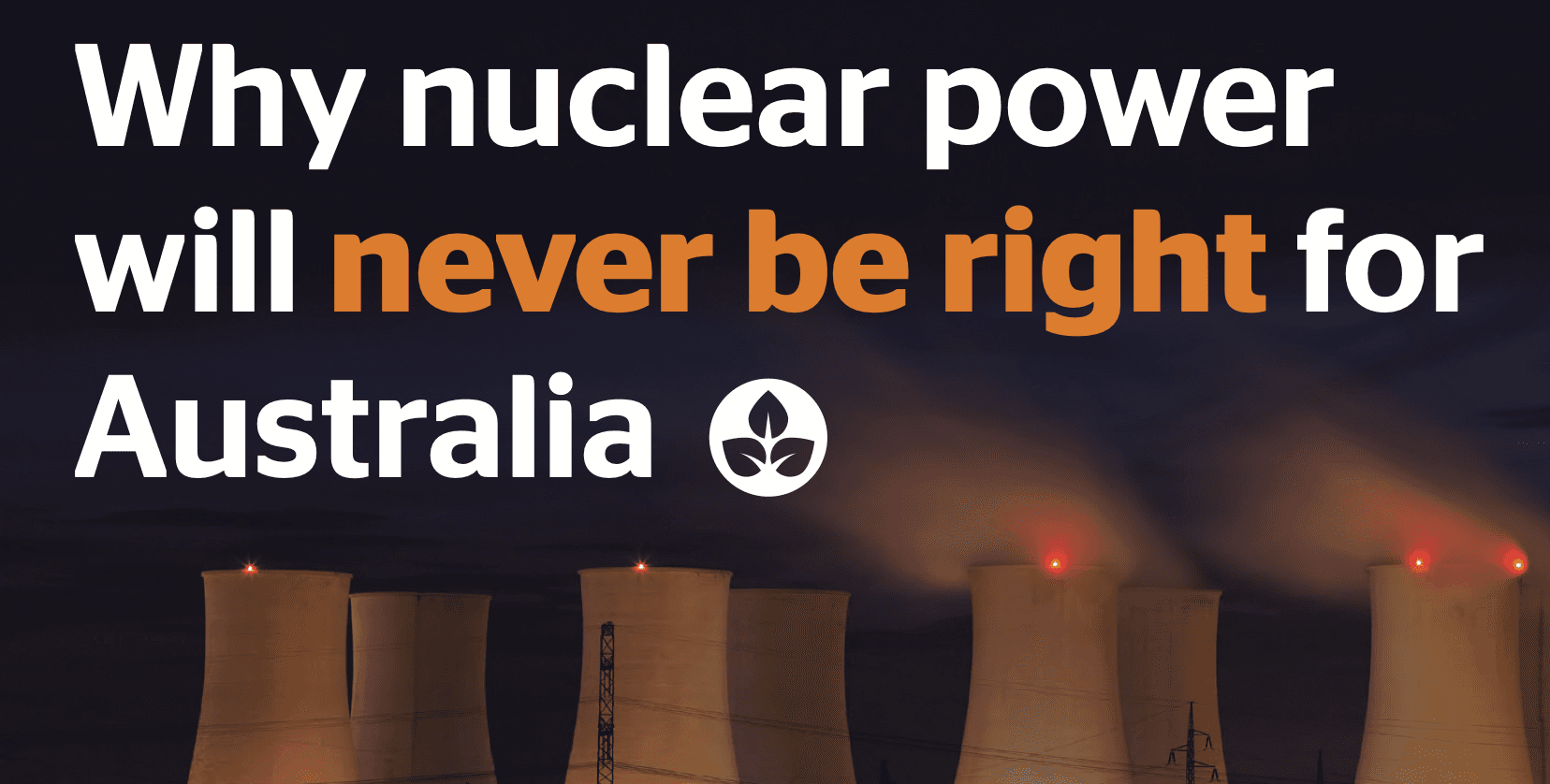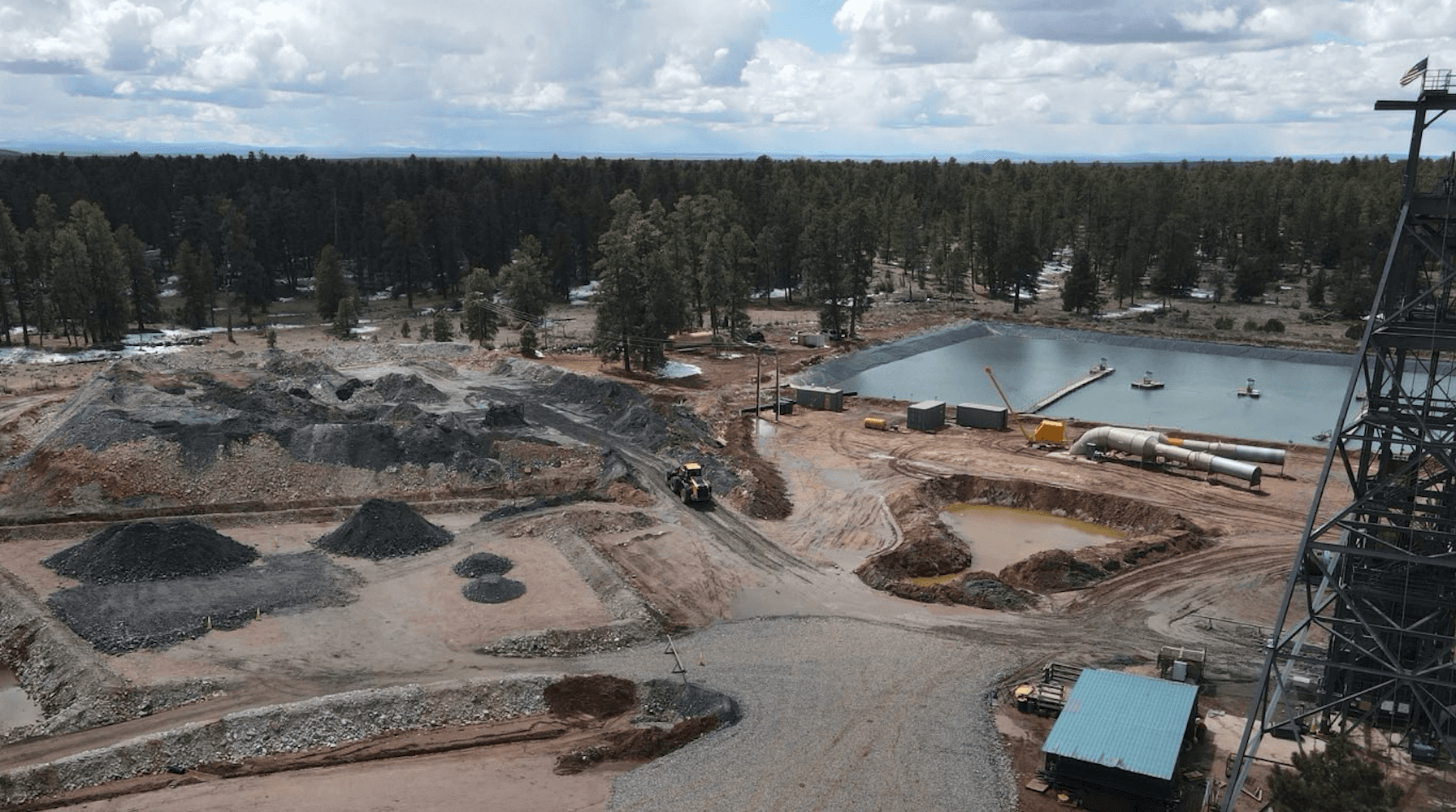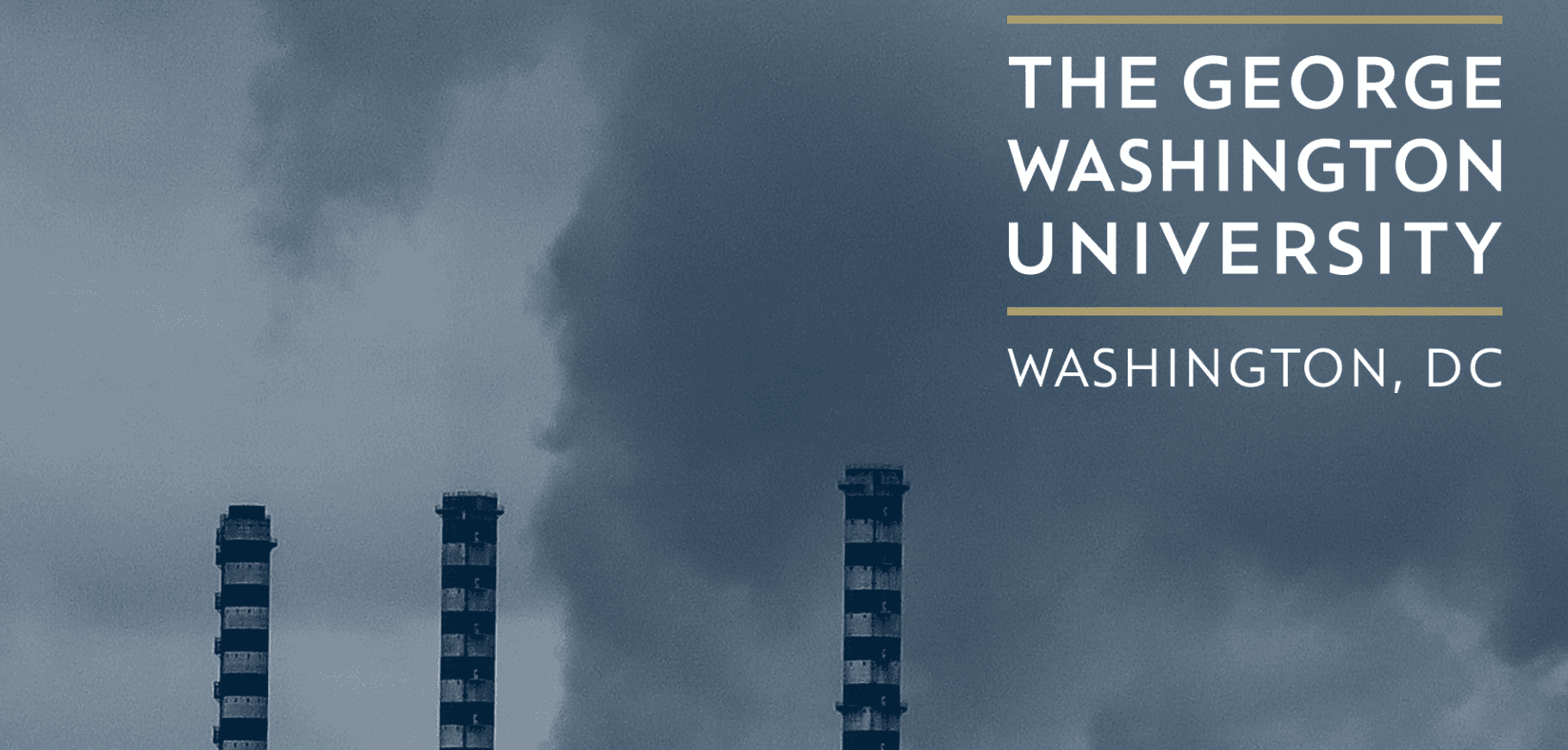Power Games Assessing coal to nuclear proposals in Australia: Cost, timing, consent and other constraints
Why nuclear power will never be right for Australia.

Power Games
Why Nuclear Power will never be right for Australia.
This new Report examines the impracticality of plans to introduce nuclear power to Australia in a timeframe commensurate with climate goals and the closure of most or all of Australia’s remaining coal power plants over the next 15 years.
The report covers three main issues:The excessive cost of nuclear power; plausible timelines for the deployment of nuclear power in Australia; and proposals to repurpose retiring coal power plant sites as locations for nuclear power.
Section 2 of the report covers nuclear economics.It concludes that nuclear power would be uneconomic in Australia and far more expensive than continuing to build an energy system based on renewables. Lived global experience has shown that nuclear costs have escalated, sometimes dramatically, while renewable costs continue to fall.Proposals to introduce nuclear power to Australia need to be seen against the backdrop of the massive cost overruns that have plagued reactor construction projects over the past decade including in the US, the UK and France. The failure of these and other large reactor projects has led to increased efforts to develop and promote small modular reactors (SMRs) but very few SMR projects have reached the construction stage, and none are in commercial deployment. Multi-year delays and massive cost blowouts have afflicted SMR projects, just as they have large reactor projects. Worldwide there are only two operating SMR plants and neither of the existing SMR plants are modular. The idea of modular mass production cannot be credibly advanced as the basis for a national energy system.SMRs are not a near-term option given the lack of progress around the world and there is no certainty that this will change in the longer term. If Australia was to seriously pursue nuclear power it would necessarily involve large reactors, each costing several tens of billions of dollars, with planning and construction likely to take 20 years or more.Taxpayer subsidies worth tens, perhaps hundreds of billions of dollars, would be required to establish a nuclear power industry in Australia. This would be the case whether pursuing small or large reactor technology.
Section 3 considers potential timelines for the deployment of nuclear power in Australia.It is unlikely nuclear power reactors could be operating in Australia in under 20 years from any decision to proceed. This would involve around 10 years for planning, licensing and other issues and a further 10 years for construction. Estimates of the time required for planning and construction of nuclear reactors overseas have consistently blown out by many years. Claims that SMRs could be built far more quickly than large reactors are not supported by real world evidence.In 2021, the former Chair of the US Nuclear Regulatory Commission Prof. Allison Macfarlane put the situation clearly, stating that
Section 4 considers proposals to replace Australia’s retiring coal power plants with nuclear plants.Coal-to-nuclear transitions could potentially reduce nuclear costs by using some existing infrastructure at coal plants, but nuclear power would still be far more expensive than firmed renewables (renewable systems with storage capacity). No coal power plants have been repurposed as nuclear plants in the US or the UK, so purported synergies and cost savings are speculative.All or nearly all of Australia’s coal plants will be closed by the time nuclear reactors could begin supplying electricity in Australia, creating a major timing problem for coal-to-nuclear proponents. As former Australian Chief Scientist Dr. Alan Finkel states,
State Labor governments in the four states with operating coal plants do not support coal-to-nuclear proposals. Nor are they supported by Liberal/LNP leaders in those states. Focus group research recently carried out in the Hunter Valley in NSW and the Latrobe Valley in Victoria found voters are ‘hostile’ to plans for 4 Power Games reactors in their own areas. Private electricity generators including AGL Energy, Alinta, EnergyAustralia and Origin Energy do not support coal-to-nuclear proposals. A lack of interest from large institutional investors would also be highly problematic and a major impediment to nuclear promotion.
In addition to the issues addressed in this report, any assessment of nuclear power as an energy option for Australia should consider the following important problems:
- Nuclear security
- Nuclear accidents
- Weapons proliferation
- Nuclear waste
- Social licence: First Nations, community and political concerns
- Nuclear stagnation as opposed to record renewables growth
Read ful Report on act.org.au


